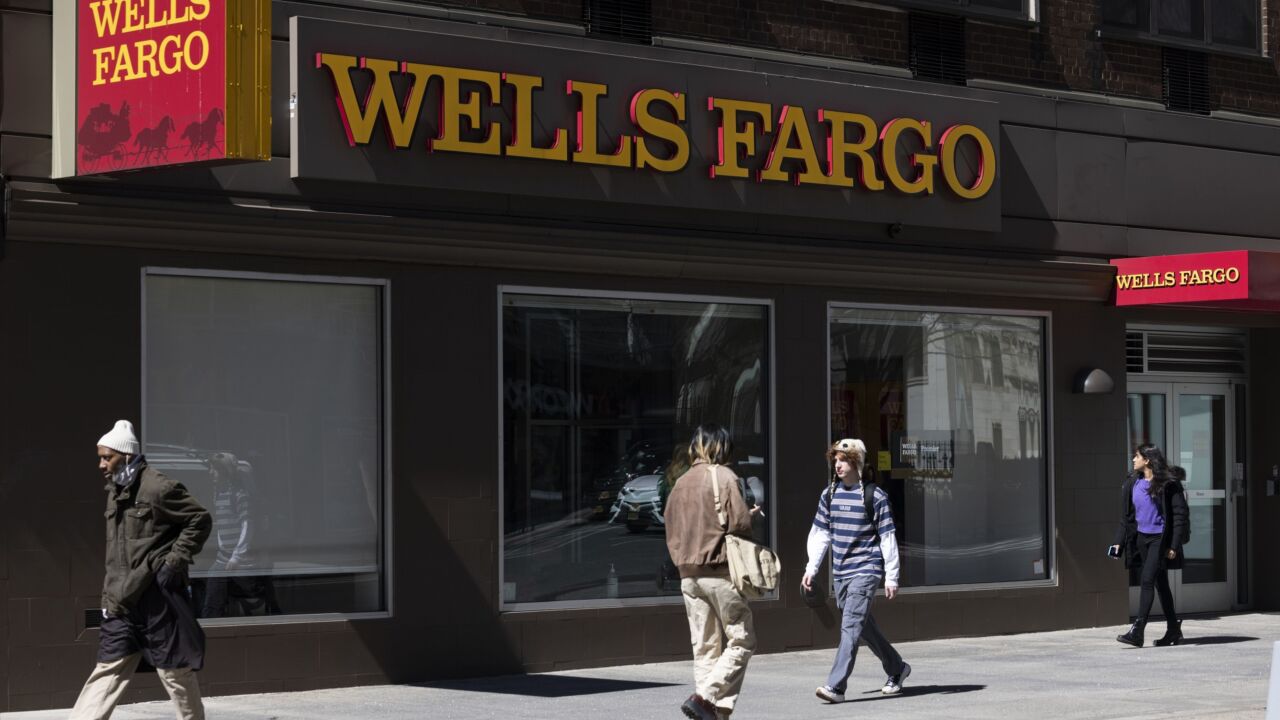Vivint Solar is tapping the securitization market.
Unlike several recent transactions by other solar panel financiers, which were backed by loans, the $347.5 million Vivint Solar Financing 5 is backed by leases and power purchase agreements.
Also unlike some other solar panel financiers, which are still
The company serves approximately 126,000 customers in 21 states. As of Dec. 31, 2017, Vivint Solar has installed more than 126,000 solar energy systems representing over 846.9 megawatts of installed capacity.
As of Dec. 31, the portfolio’s performance has been good with average delinquencies as a percentage of total billings for receivables more than 120 days past due at 0.97%. Kroll attributes this to strong underwriting, loss mitigation and collection practices.

Vivint Solar structures its customer agreements as cash sales, leases or PPAs. Lease customers pay a fixed monthly fee with an electricity production guarantee. PPA customers pay a fee based on the amount of electricity the solar energy system produces. Cash sale customers purchase their solar energy systems outright, which includes a workmanship warranty but no electricity production guarantee, and have the option to obtain a loan through third-party lender partners.
The portfolio consists of approximately 95.7% PPA agreements and 4.3% lease agreements by number. The original tenor of each agreement is 240 months and the weighted average remaining term of the agreements is 223.9 months. The weighted average FICO of the underlying customers of the photovoltaic systems is 756, well into prime territory.
Vivint Solar has the right to remove PV Systems upon default or failure of the customer to pay all amounts outstanding and costs incurred. System removals are extremely rare and account for a small percentage of the company’s portfolio. Since inception until Dec. 31, 2017, more than 7,400 home transfers have occurred, with recovery of 100.2% of the base contract value.
Generally, contract reassignments are the result of the sale of the home or customer financial distress (short sale, foreclosure, divorce or death of the customer). In cases of death and divorce the agreement is reassigned to the surviving spouse or heir, where the system is installed. In other cases the company attempts to redeploy a system by offering it at a discount to a prospective customer who has similar energy and engineering requirements to the repossessed system.
Vivint Solar is responsible for performing operations and maintenance services for all PV Systems in the pool, as well as for replacing defective equipment, such as panels, inverters and/or meters. All inverters are expected to be replaced over the tenor of the transaction given KBRA’s useful life assumption of 10-15 years.
Kroll expects to assign an A- to the $350 million senior tranche of notes to be issued and a BB- to the $50 million subordinate tranche of notes.





